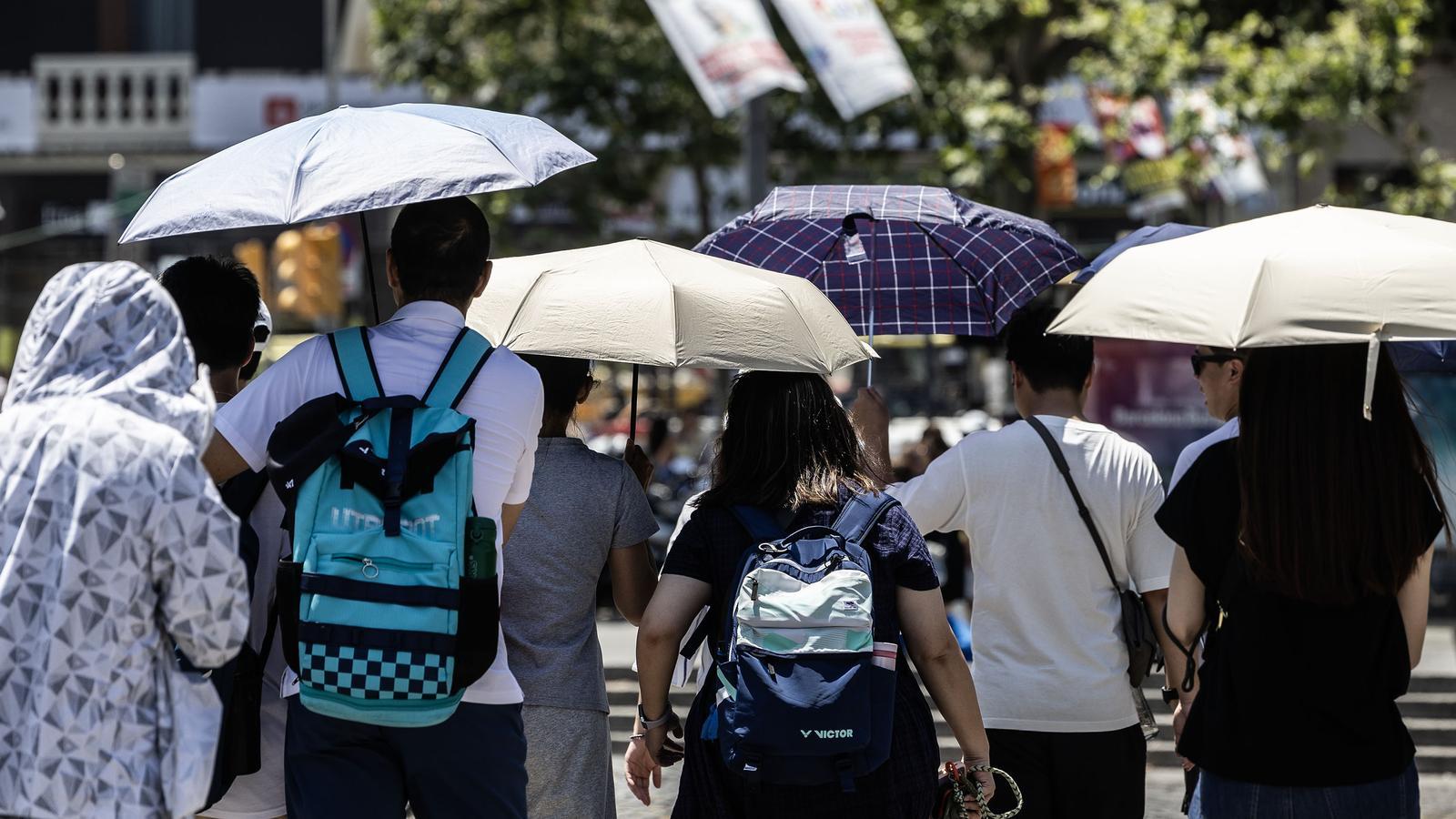What can we do to avoid heat stroke?
Exposure to high temperatures can cause everything from dizziness to vomiting.


BarcelonaYear after year, each summer is hotter than the last. The stifling temperatures mean we have to be increasingly careful with sun exposure. Montse Ciurana, a family doctor at the Catalan Institute of Health (ICS) in Central Catalonia, explains that heat stroke occurs when, once we are exposed to very high temperatures, our temperature temporarily rises, which can cause everything from dizziness to vomiting. "However, we must differentiate between sunstroke and heat exhaustion: sunstroke occurs when we have been exposed to a lot of sun; heat exhaustion is more intense and has more side effects," explains Ciurana.
Heat exhaustion is especially dangerous in children, people over 75, or people with chronic illnesses, as it can aggravate pre-existing conditions. To avoid it, it is best to anticipate our exposure. Inside your home, it is vital to monitor temperatures. "It's important to keep the house ventilated, just as it's also helpful to cool off from time to time," says the family doctor.
Another basic tip: once we go out into the sun, it's advisable to protect our heads with a cap or hat, and it's very important to stay hydrated constantly. Ciurana also recommends avoiding physical activity during the hottest hours of the day and, if we exercise outdoors, also wearing sunglasses.
According to the member of the Plaza Catalunya Primary Care Team (EAP) in Manresa, if we think we might be suffering from heat stroke, the first thing we should do is find a cool place to rest. However, if we see that the symptoms don't improve and we remain disoriented, it's important to go to a Primary Care Center (CAP) or call 061.
